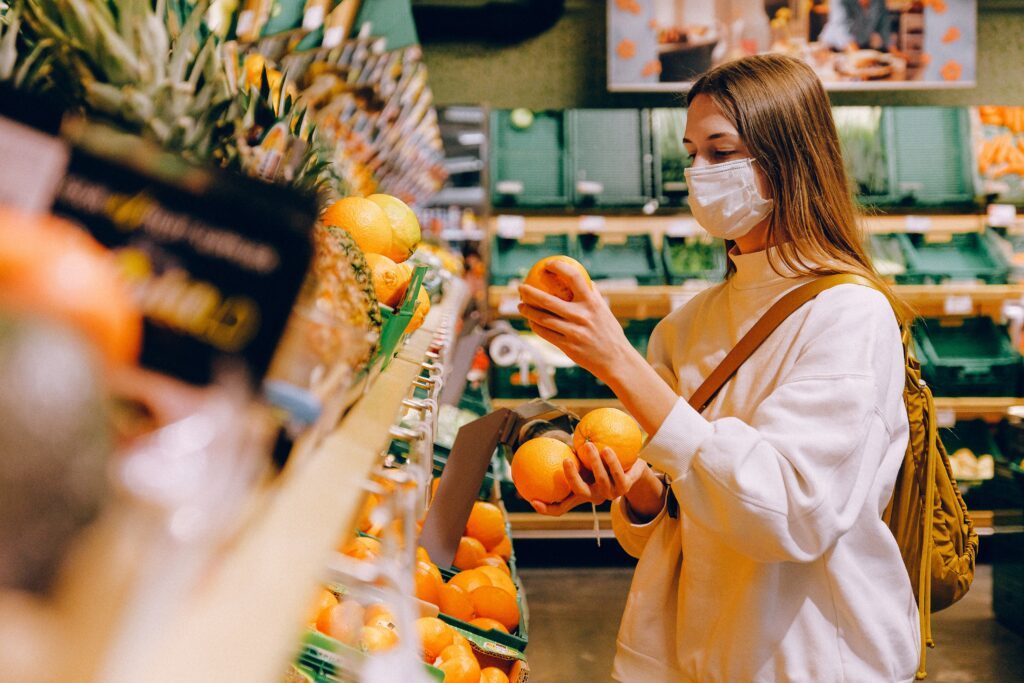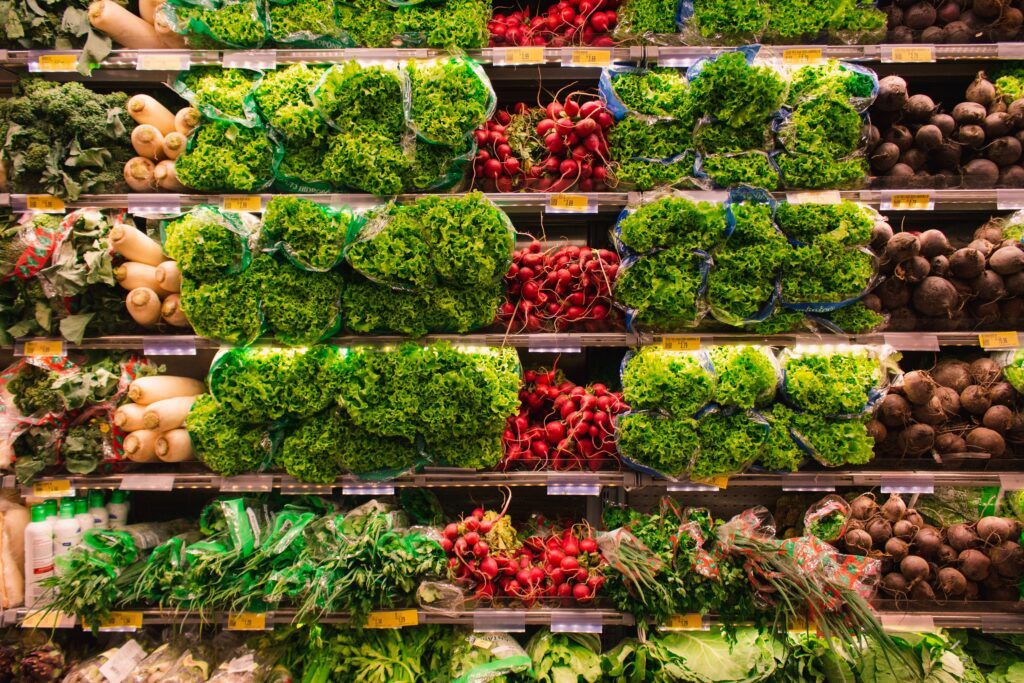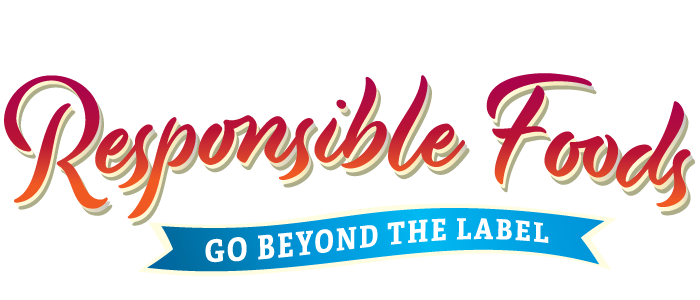Sustainable Food Practices: Tips and Why It’s Important

Sustainable eating is all about choosing the right foods that are beneficial to our bodies and the environment around us. A sustainable diet has low environmental impact and contributes to food and nutrition security for a long, healthy life. Not only is this type of diet accessible and affordable, but it is also safe and healthy and optimizes more of our natural resources. This post covers a few tips on how to practice sustainable eating and why it is important.
Why is sustainable eating important?
The food that we buy and consume plays a big part in our personal health and the health of the world. Food production has an immense impact on our environment due to energy and water use during processing, or gas emissions from transporting products around the world or even just across the country. Because of this, we must pay more attention to the foods we are buying, the way it is processed, and where it is coming from.
We cannot have a secure food supply unless it is sustainable. Practicing supportable agriculture allows us to better grow and produce healthy food that is good for the environment, without compromising future generations’ ability to do the same. Sustainable eating practices can fulfill the needs of society, while protecting the world around us.
Tips
Eat more plants and less meat
Choosing more plant food over animal foods can save you money, help the environment, and boost your health. A plant-based diet requires less water, land, and energy than a diet that consists of a regular meat intake. By reducing the amount of meat you consume, you can also significantly reduce harmful emissions associated with animal agriculture.
Waste less food
Minimizing discarded food is a great practice to help the planet. One way to waste less food is to keep your leftovers, instead of throwing them out. Eating more leftovers can also prevent you from spending more money on extra groceries that you may not need yet. You can also buy in bulk more, if you live near a store that offers bulk, which can reduce excessive packaging waste, saving more energy and resources used to make the packaging.
Shop locally
Food that is grown closer to where you live requires less time and energy to get to you, cutting down on emissions and fossil fuel use. This not only helps the environment but also helps save you money by cutting down on overall costs in the long run. You can even try growing produce in your own garden, which would provide you with an endless supply of homegrown fruits and vegetables.
Buy organic
Organic agriculture is grown without the use of most synthetic fertilizers and pesticides, making it a better option for the environment and your nutrition. Most organic farming practices aim to decrease negative environmental impacts by reducing groundwater pollution and greenhouse gas emissions. Next time you’re deciding on a food brand or what fruits and vegetable to purchase, try choosing the organic variety.
Buy from responsible food brands
It can be hard to distinguish which food brands are environmentally responsible and which ones aren’t. You should look for certified organic brands that practice sustainable farming and use natural ingredients. You also should do research on companies that give back to the community. If you are looking for brands that do their part through producing worthy products and actions, read our blog post on these responsible food companies.

So what does sustainability mean to you?
A sustainable diet can give your body the nutrients it needs to stay happy and healthy. Sustainability can mean something different for everyone. Maybe it means that you care a lot about what you eat and the types of food you put into your body. Maybe it means that you care more about where your food comes from and if the companies you purchase it from align with your own values. Or maybe you are just simply wanting to be more informed about sustainable food practices and how you can do better.
Doing what you can for your health and the planet’s health doesn’t have to start out big. Even the smallest changes, like reading nutrition labels more carefully or opting for a salad next time you go out to eat, can start you on the right path toward significant environmental impact.
The bottom line of responsible consumerism
No matter your reasoning, sustainable eating is a responsibility that each one of us has to take seriously for ourselves and the world around us. By practicing better eating habits, you can save money, help protect the environment, and even improve your personal health. Next time you’re out grocery shopping for decent brands or going to throw away your unfinished dinner, put these sustainable eating tips into effect!
